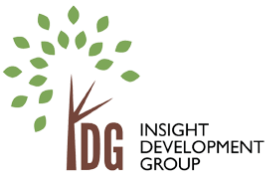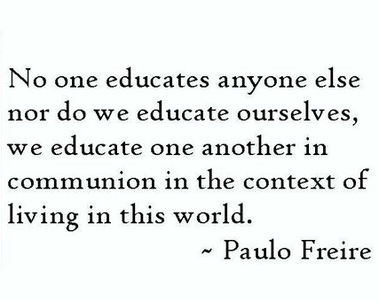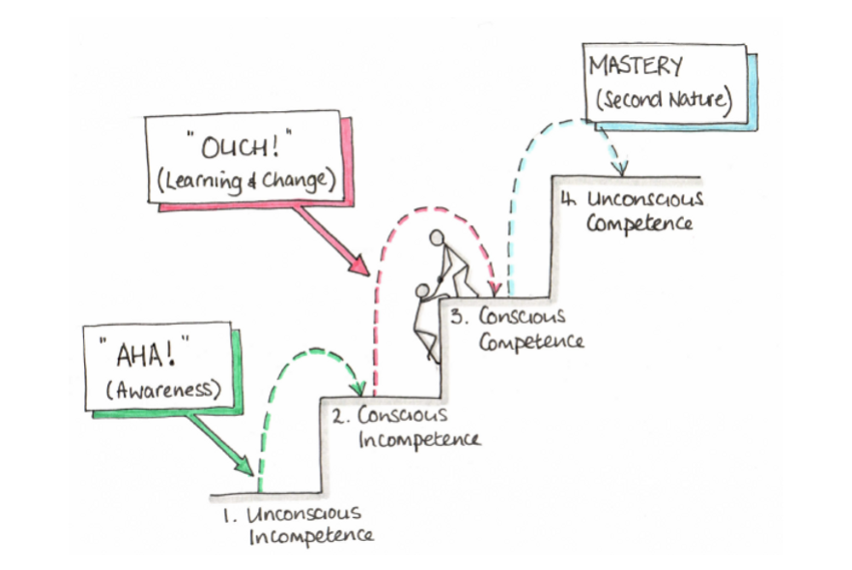Program PedagogyThe IDG curriculum is informed by evidence-based principles of educational psychology for adult learners such as: transformative learning theory, social learning theory and stages of moral development. The IDG curriculum is grounded in four main principles of learning:
Adult Learning Needs IDG also engages with the seven principles of adult learning theory:
|
Facilitation & Teaching StyleIDG facilitators use a subject and participant centered focus, guided by principles of restorative justice and democratic learning. IDG facilitators are trauma informed and are gender responsive. IDG strives in racial competency and works in allyship to the efforts of diversity, equity, inclusion and belonging (DEIB), and applies DEIB principles directly in course planning, design, and implementation. IDG curriculum and activities are presented in a wide variety of learning modalities to meet the needs of diverse learners. Activities include but are not limited to: lectures, book/article reading, small and large group discussions, role play activities, guest panel speakers, films, writing exercises, critical self-reflection exercises, art activities, problem solving activities and more.
Learning Outcomes:
Educational Values
|




